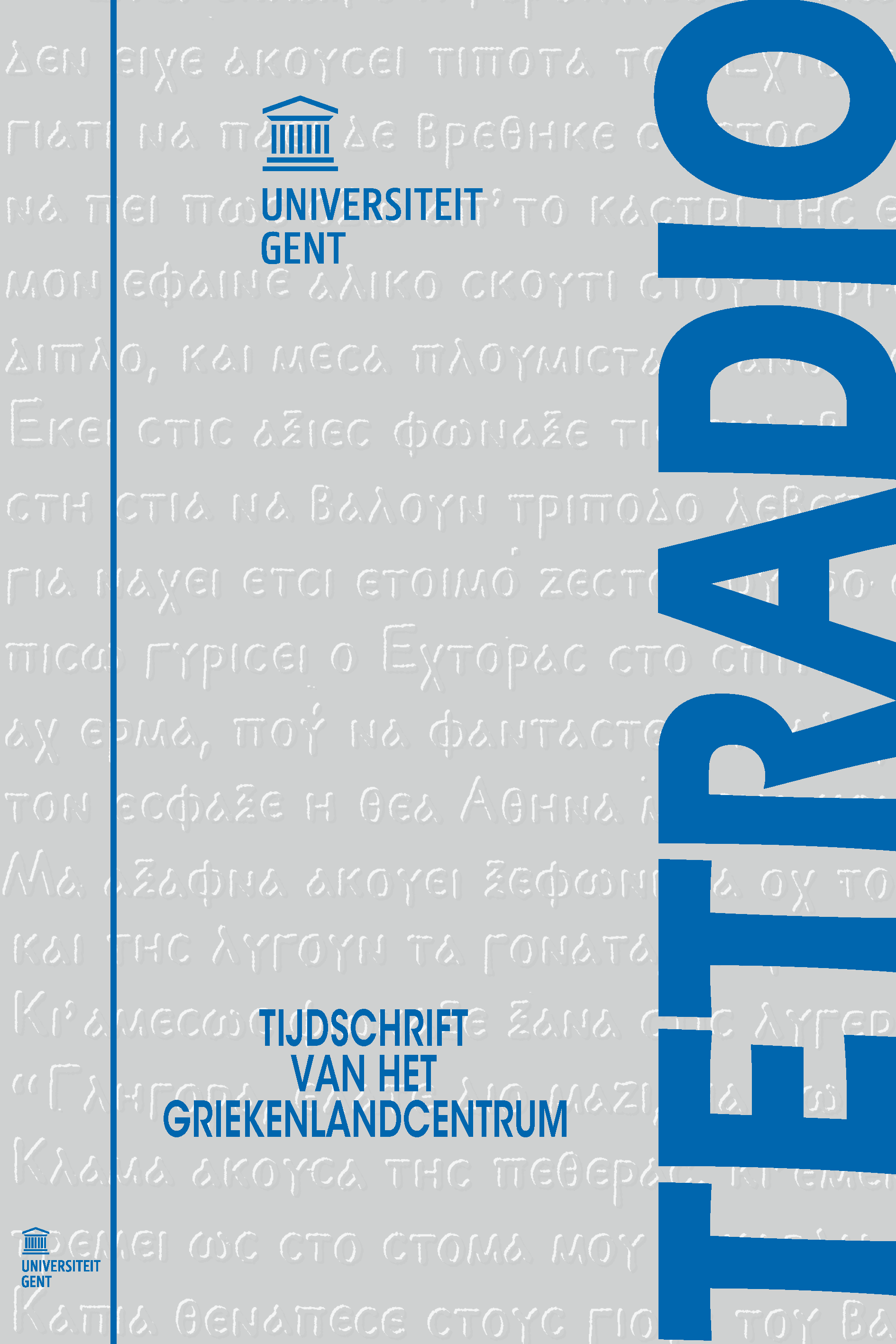Grieks drama voor het Duitse volk: de politieke esthetica van Richard Wagner
- Freddy Mortier
Abstract
The methodological framework of this paper is Pierre Bourdieu’s sociology of intellectual production. It is argued that Wagner’s claims to having revived Greek drama in the total work of art (Gesamtkunstwerk) can only be understood by reconstructing his position in the field of musical drama of his own time. The adoption of Greek drama as a general model as well as the adaptation and reworking of many of its details reflect Wagner's rejection of the then current stylistic possibilities in that field (Italian, French and German opera). Wagner criticised the subjection of the different styles in the field to principles foreign to art. Against these, he championed an autonomous principle of artistic legitimity. It is further shown how, by the interplay of the homologies between the fields, this artistic position translated into the composer's shifting political positions, more specifically into his increasingly conservative nationalism and increasingly vehement anti-Semitism.
How to Cite:
Mortier, F., (2001) “Grieks drama voor het Duitse volk: de politieke esthetica van Richard Wagner”, Tetradio 10(1): 3, 61–100. doi: https://doi.org/10.21825/tetradio.91956
Downloads:
Download PDF
View PDF
